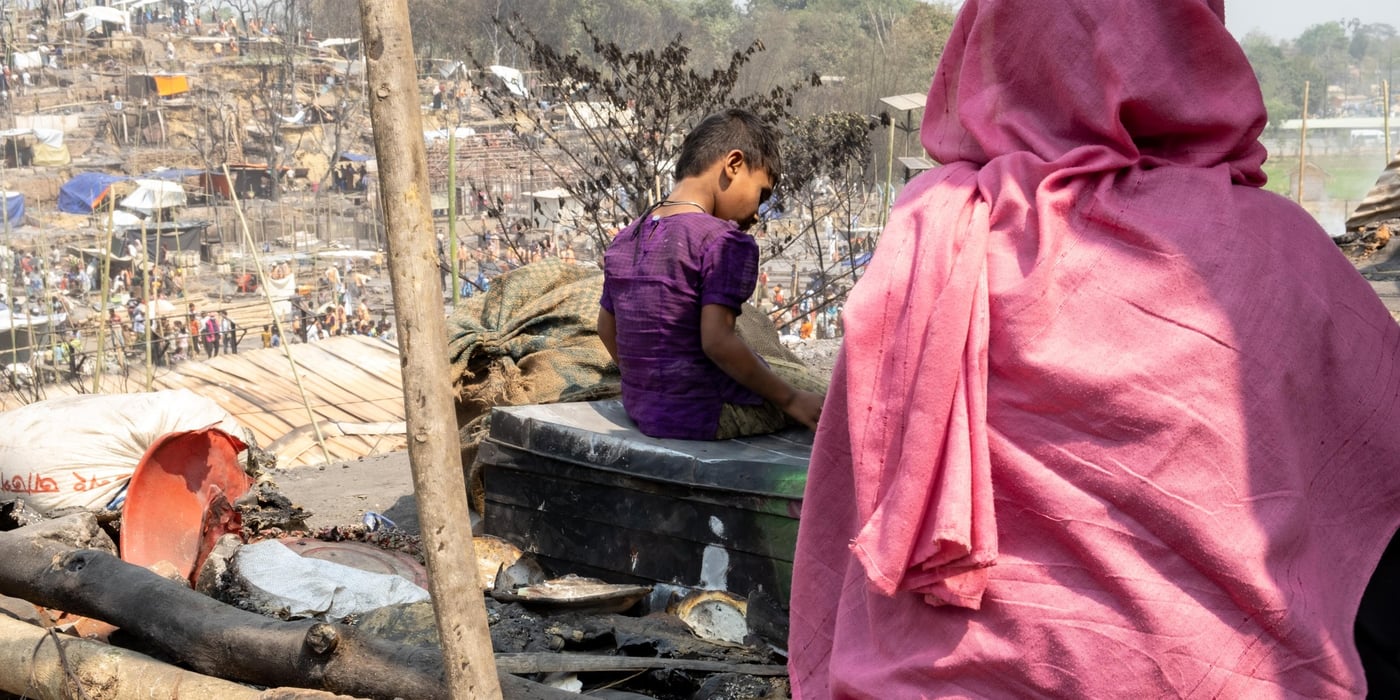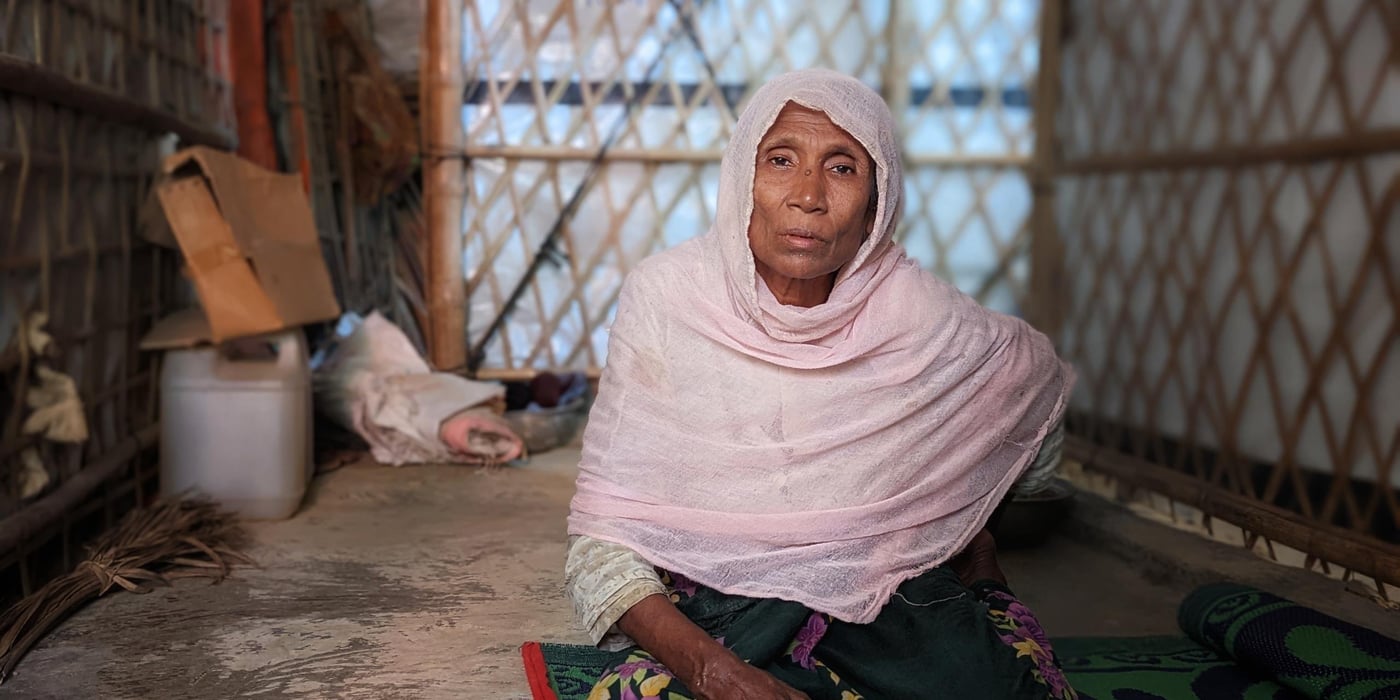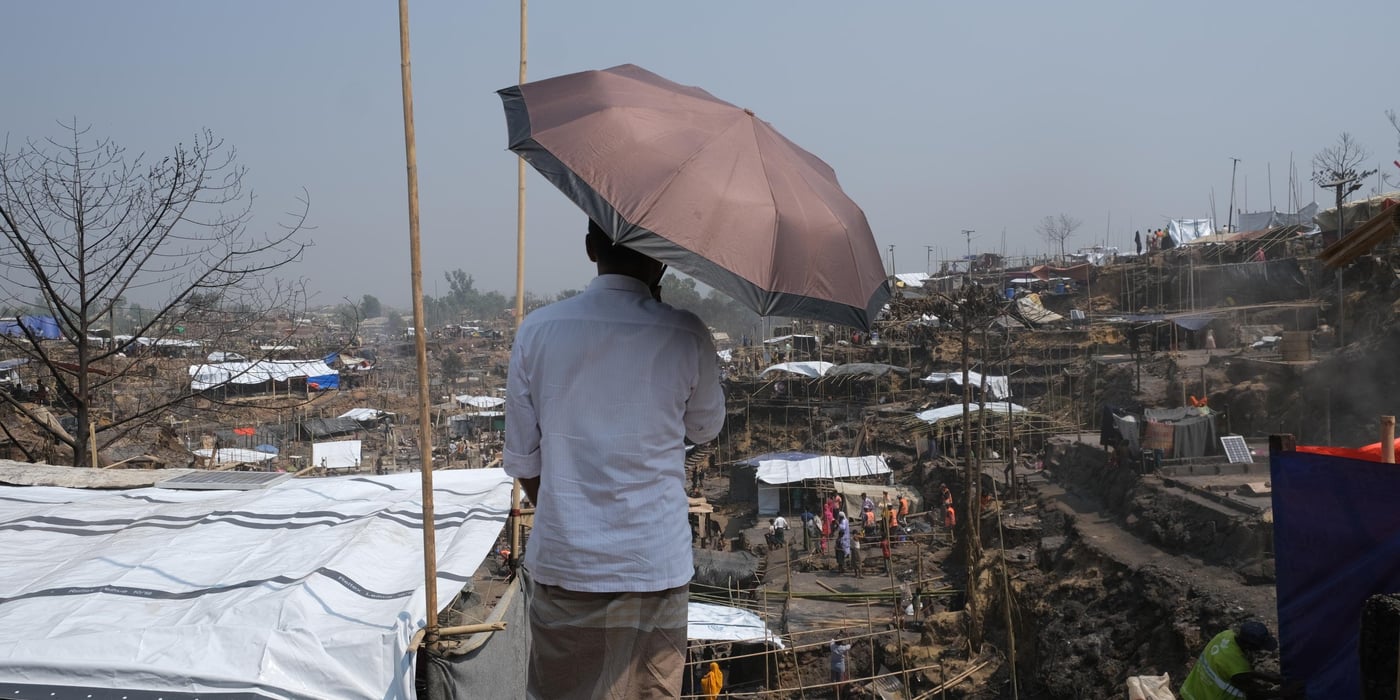
Four years ago, over 700,000 people fled their homes in northern Rakhine, seeking refuge in Cox’s Bazar, Bangladesh. Today the camps are home to almost a million people, half of them children, who have had to rebuild their lives without knowing when they may return home.
“When I arrived, I never knew what it could be like to be a refugee and live in such a small shelter. It was unimaginable to me. I just kept asking how long it would take me to return to my home and attend my school again.” - Rafiq, 10 years old, Cox’s Bazar refugee Camps
In Myanmar, the Rohingya faced discrimination and persecution where they were barred from organizing, working for the government, and attending the same schools or hospitals as their ethnic peers. Despite being oppressed, they were resilient, and their identities were more than their displacement or persecution. They were living as farmers, fishermen and traders, educators and community builders. They were mothers, fathers, brothers, sisters, and friends who were able to support themselves and each other without the assistance of humanitarians. They made choices about their daily lives and about their futures. Living in the refugee camps in Cox’s Bazar, Bangladesh, for nearly four years, their lives and identities have been uprooted.
“We cannot decide how we spend our time here in the camps, it is decided for us.” - Abdul, 17 years old, Cox’s Bazar refugee camps
While Rohingya refugees are grateful to the Bangladesh government for the asylum they have been granted, they continue to face daily challenges—from congestion, seasonal dangers posed by the monsoon and cyclone seasons, to having no access to formal and accredited education, restrictions placed on their movement, and facing exposure to violence, exploitation and abuse. Many of these challenges have worsened during the Covid-19 pandemic and uncertainty over their future, lack of livelihoods opportunities, and reliance on aid have heightened their fears.
“I am always worried about my family and household here in the camps – it’s not a sustainable life. I always need to think about natural calamities and diseases. I dream that my son will be educated when he grows up. I always pray to go back to Myanmar, to my own place, someday.” - Nur, 19-years old, Cox’s Bazar refugee camps
Yet their hopes persist that someday they will be and seen to be more than refugees.
“I want to be a doctor to treat and take care of people. To give them medicine and take care of them at the hospital. I wish I could be well educated, and once educated I would provide free health care to those in need.” - Amina, 10 years old, Cox’s Bazar refugee camps
On this year’s world refugee day, we want to reiterate that refugee camps are home to women, men, boys, and girls who need more than access to humanitarian services. They need support to live in safety and in peace — where they do not fear the night for the violence that it may bring, or the sky that may fall and wash away their homes, or tomorrow and the debts that it may bring.
They need opportunities to make decisions, to be empowered to help their neighbours and peers and to determine their futures. They need access to income generating activities to provide for their families and to education to better themselves and their surroundings. They need to have their rights upheld and restored.
This is the kind of support that will help Rohingya women, men, girls and boys to not only live in safety and dignity in Bangladesh but will help them to return and create their own futures back in Myanmar when conditions are safe for them to go home.
Signed: Save the Children, International Rescue Committee, Norwegian Refugee Council, Concern World Wide, Muslim AidUK, Malteser International, Norwegian Church Aid, Danish Refugee Council, Solidarités, Food for the Hungry, Christian Blind Mission, Handicap International, Relief International, Oxfam, Action Aid Bangladesh, United in Purpose, Welt Hunger Hilge, World Vision International, united in purpose, Action Against Hunger and educo, Christian Aid, Plan International




